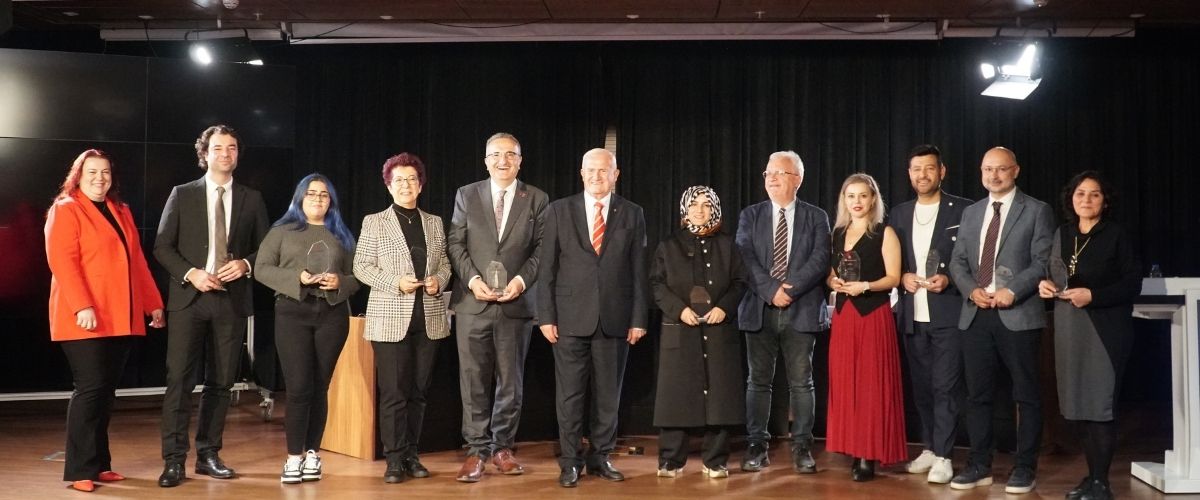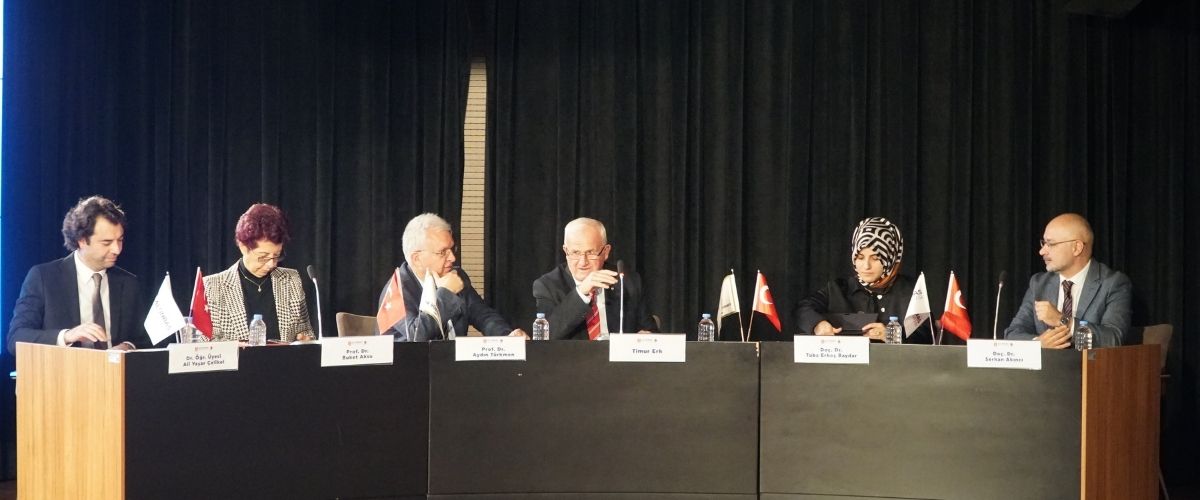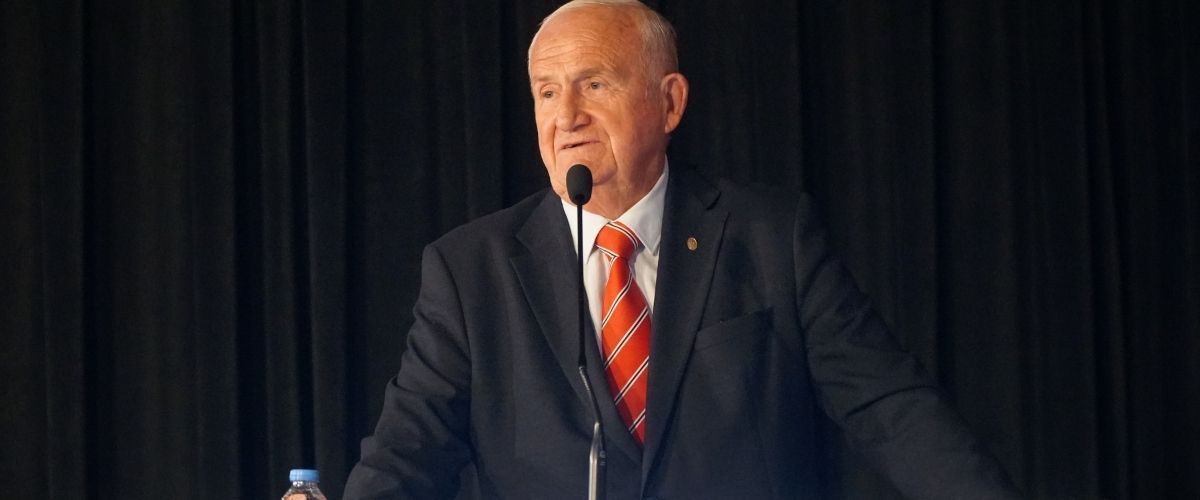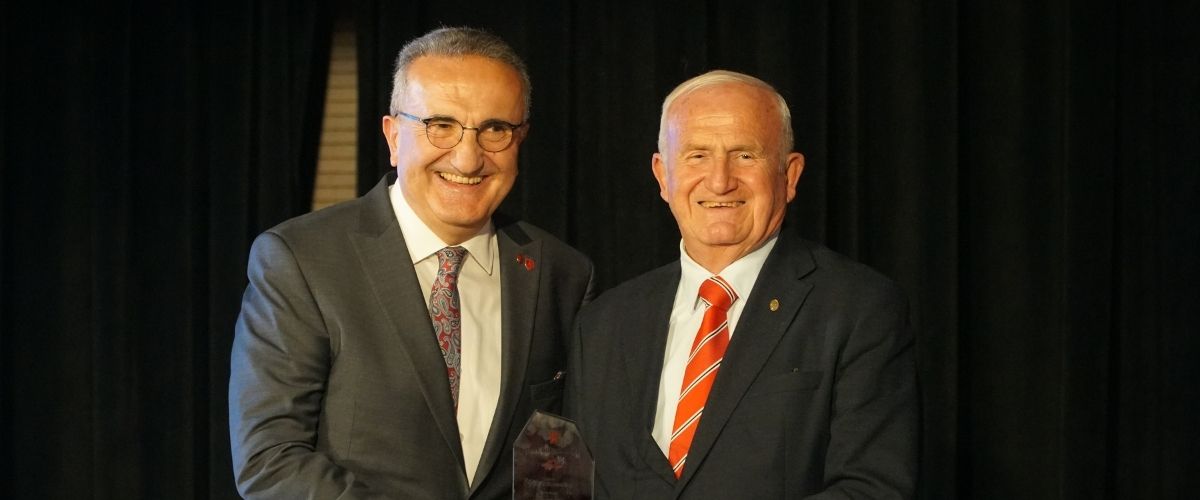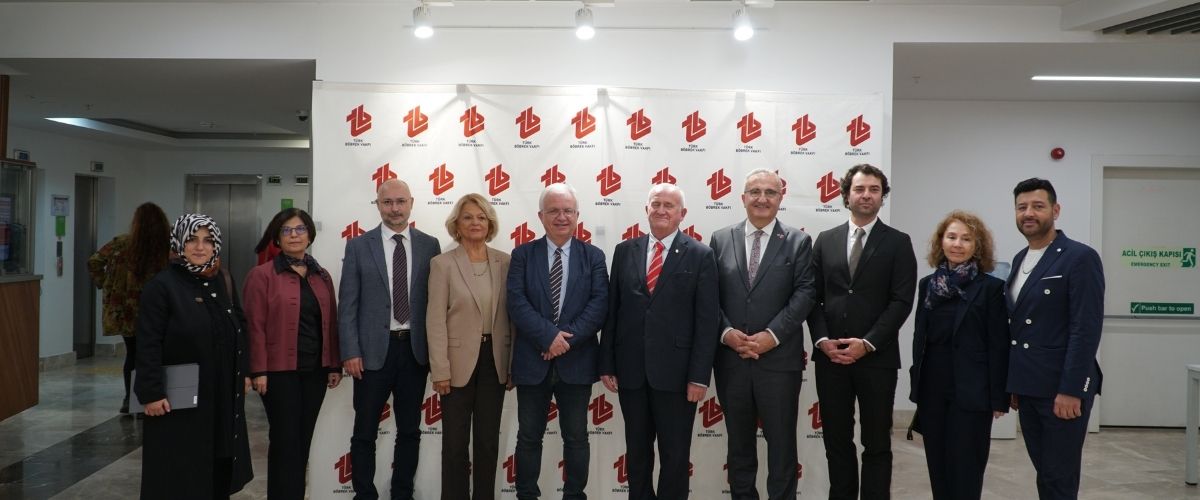Why Is Türkiye Lagging Behind in Organ Donation? Experts Answered from a 360-Degree Perspective
The Turkish Kidney Foundation (TBV) and Altınbaş University held a 360-Degree Perspective on Organ Donation Panel as part of Organ Donation Week, November 3–9.
From November 3–9, as part of Organ Donation Week, the panel titled “A 360-Degree Perspective on Organ Donation,” organized by the Turkish Kidney Foundation (TBV) in collaboration with Altınbaş University, was held at Altınbaş University's Gayrettepe Campus. During the panel, experts discussed the importance of organ donation from medical, legal, social, and religious perspectives. It was noted that while thousands of people wait for organs in Türkiye every year, donation rates still lag behind those in Europe.
While approximately 30,000 people wait for organ transplants in Türkiye each year, low organ donation rates continue to be a critical issue from both a medical and social perspective. To draw attention to this problem, the “360-Degree View of Organ Donation” panel, organized in collaboration with the Turkish Kidney Foundation (TBV) and Altınbaş University, brought together the medical, legal, religious, and social dimensions of organ donation. Experts, patients, coordinators, and academics emphasized that organ transplantation is not only a health intervention but also a culture of life and solidarity.
“Every Organ Donated is an Ongoing Story”
In his opening speech, Altınbaş University Rector Prof. Dr. Cemal İbiş stated that organ donation rates in Türkiye lag behind those in Europe, saying, "Approximately 30,000 patients are waiting for organs. A donated organ is a true gift of life. This situation will not change without increased social awareness."
Timur Erk, President of the Turkish Kidney Foundation: “The Supply-Demand Level is Critically Imbalanced”
Panel moderator and TBV President Timur Erk drew attention to the number of patients awaiting kidney transplants in Türkiye, saying:
“In a country where around 25 patients are waiting for kidney transplants, very few patients are able to receive transplants each year. Lives are being lost unless donations increase.”
“One in Six People Has Chronic Kidney Disease”
Prof. Dr. Aydın Türkmen, President of the Turkish Nephrology Association and Member of the TBV Board of Directors, stated in his speech that one in six people in Türkiye has chronic kidney disease.
"The number of patients in stage five, i.e., dialysis patients or end-stage renal failure patients awaiting kidney transplants, has reached 90,000. Diabetes and hypertension are two preventable causes of chronic kidney disease. Although dialysis is an excellent treatment method, it is quite costly. Türkiye is dependent on other countries for equipment in this field. Transplantation, or kidney transplant, is a much more efficient method both medically and economically."
Türkmen emphasized the importance of objective information:
“While there are approximately 90,000 dialysis patients in Türkiye, only 25,000 are waiting for a kidney transplant. However, if accurate information had been provided, this difference would not be so great.”
He also stated that the rate of organ transplantation from cadavers in Türkiye is around 15%, whereas worldwide, this rate is reversed, with 80% from cadavers and 20% from living donors.
“In Türkiye, organs can only be harvested for transplantation in one out of every six cases of brain death. Despite this, our country has highly successful transplantation and follow-up teams, and the organ distribution system operated by the Turkish Ministry of Health functions in a very fair manner.”
Speaking at the panel, Assoc. Prof. Dr. Serkan Akıncı from the Department of Urology, Kidney Transplant Center at Bezmialem Vakıf University explained who can be living donors in the organ transplant process as follows:
"In living donor transplants, fourth-degree relatives, spouses, non-relative donors (by committee decision), and cross-transplants are possible. Transplants from cadavers are performed on individuals who have experienced brain death under intensive care conditions."
Akıncı also addressed the health status of individuals who donate kidneys from living donors, stating,
“The donor does not experience kidney failure after the operation. The surgeries are performed using laparoscopic methods; the donor usually stays in the hospital for one day and can return to work after one week. After an appropriate period, they can plan a pregnancy and engage in professional sports.”
He also answered frequently asked questions as follows:
- Tissue compatibility is not as critical in kidney transplantation as is commonly believed.
- The 10-year success rate for living donor transplants is around 80%.
- Transplants can also be performed on patients with diabetes, Hepatitis B, and Hepatitis C.
- During the transplant, the old kidneys are not removed; the transplanted kidney is placed in the groin area.
- Pregnancy is possible within 1.5–2 years after the transplant.
“Organ donations made through e-government are as valid as a will witnessed by two people.”
Dr. Ali Yaşar Çelikel, Assistant Professor at Altınbaş University Faculty of Law, reminded that this year marks the 50th anniversary of the first successful organ transplant in Türkiye and stated that Law No. 2238 dated 1979 established the legal framework for the removal, storage, and transplantation of organs and tissues: " This law regulates the conditions of eligibility, consent, and kinship for organ transplantation. Today, organ donations made through e-Government are as valid as wills made in the presence of two witnesses. In this case, the donation declaration made by the person during their lifetime is now considered sufficient, and the consent of their relatives is not required by law. However, written consent is still obtained to avoid any problems with the deceased person's relatives."
Dr. Çelikel also gave examples from practices around the world: “In many countries, such as Spain, Austria, France, and the United Kingdom, the principle of implied consent applies; that is, unless the person has made a statement to the contrary, they are deemed to have consented to the donation of their organs after death.”
Prof. Dr. Buket Aksu from Altınbaş University Faculty of Pharmacy also emphasized that organ donation is essentially about empathy: “Organ donation is based on developed empathy. The reason for insufficient organ donation is a lack of information and empathy. It is our duty to address this deficiency and raise social awareness.”
“Surah Maida, Verse 32: ‘Whoever saves a life saves all of humanity’
Assoc. Prof. Dr. Tuba Erkoç Baydar from the Faculty of Islamic Sciences at Ibn Haldun University stated that organ transplantation is evaluated within the framework of respect for human dignity according to Islamic law, saying:
"According to Islam, our bodies are entrusted to us; they are inviolable. However, if it is a matter of saving a person's life, organ transplantation is permissible in religion due to necessity. Surah Maida, verse 32, states: ‘Whoever saves a life saves all of humanity.’ This verse forms the legal basis for organ transplantation. Saving lives is a priority. However, the transplantation of reproductive organs is religiously prohibited."
Two True Stories from the Transplant Journey
Irmak Odabaş (Altınbaş University Student) and Murat Balkan (Musician, Transplant Recipient)
Odabaş and Balkan, who have both undergone kidney transplants twice, shared their experiences.
Irmak Odabaş explained how she continues her life and her studies in anesthesia technology with the kidneys she received from her mother and father.
Murat Balkan stated that he received his first kidney transplant from a friend and his second from a relative. After his speech, he performed a song on his accordion.
Experiences of Organ Transplant Coordinators
Emel Yanık (Bakırköy Dr. Sadi Konuk Training and Research Hospital),
Özlem Koç (Dr. Mazhar Osman Mental and Nervous Diseases Hospital)
The coordinators spoke about the difficulties of convincing families to donate.
Emel Yanık said, “People are reluctant to donate organs because they don't trust the system. More often than not, it is mistrust and lack of information that pose obstacles, rather than religious factors.”
Özlem Koç stated, "Meeting with the families of patients who have suffered brain death is a very sensitive process. Cultural and social factors have a significant impact, and we organ transplant coordinators receive extensive training on this subject."
“One Donation Means Multiple Lives”
Timur Erk, President of the Turkish Kidney Foundation, who moderated the panel, emphasized in his speech that organ donation not only saves lives but also strengthens the sense of solidarity and sharing in society:
“One donation means more than one life. With events like this, we aim to raise awareness about organ donation, especially among young people.”
Throughout Organ Donation Week, awareness events organized by the Turkish Kidney Foundation continue with the aim of increasing volunteer donation rates and giving hope to thousands of patients awaiting organ transplants.


